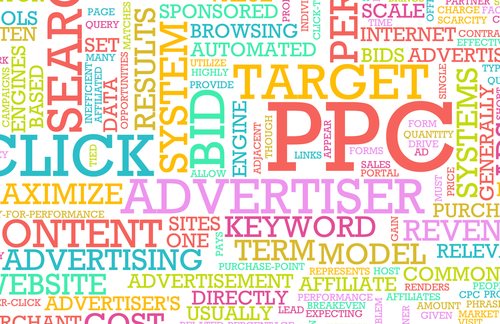LinkedIn For Business

Everything About LinkedIn For Business
While your teenage daughter may be addicted to Facebook and Twitter, odds are your professional colleagues use LinkedIn more. With over 160 million users, most of them educated professionals, LinkedIn has rapidly become the world's most popular gathering place for people who want to network. If you want to develop new business for your law firm, you need to know how to use LinkedIn for business purposes. Keep reading to find out how using LinkedIn for business can improve your reputation and your return on investment.
How to Use LinkedIn For Business, Tip #1: Me and You and Everyone We Know
Using LinkedIn for business depends completely on the quality of the network you can create. If you want to have the most reach that you possibly can, it's important to cast a wide net. When you start to use LinkedIn for business, you can import the contacts that you already have in most major email clients. LinkedIn will look at your contacts and see which people have already learned how to use LinkedIn for business and have their own profiles.
One of the biggest mistakes new or inexperienced LinkedIn users make is just looking at that contact list once, then adding new contacts individually. If you want to get the most out of LinkedIn for business purposes, remember that new people are learning how to use LinkedIn for business every day—in 2012, two people create a new account every second.
This means that using LinkedIn for business effectively requires you to check and recheck that same list of email contacts. Since the website streamlines this process, there's no reason not to do a routine check when you use LinkedIn for business. You may find that several of your contacts are now using LinkedIn for business who had not previously had an account—contacts that you would have missed if you weren't vigilant.
How to Use LinkedIn For Business, Tip #2: Bid on Clicks
Law firms are uniquely positioned to use LinkedIn for business using its direct ad system. These pay per click advertisements are substantially cheaper on a per click basis than Google AdWords tend to be for lawyers, and it's easier to learn how to use LinkedIn for business direct ads than AdWords. Why? Because unlike Google, which uses keywords to figure out who to target your ad to, LinkedIn uses demographics.
This means that instead of having to agonize over which set of keywords will generate the best results, you can quickly start using LinkedIn for business pay per click ads. You can decide exactly what kind of users will see your ads, and can even specify which job title those users have. This kind of precision targeting is substantially better than Google AdWords, and is one of the best reasons to use LinkedIn for business a part of your marketing strategy.
How to Use LinkedIn For Business, Tip #3: Be Part of the Community
It's not enough just to advertise and have a complete profile. Using LinkedIn for business means that you'll also have to join conversations and groups. Joining a group—or starting one for an interest that you have—is one of the quickest and easiest ways to use LinkedIn for business. As soon as someone joins your group, you are able to send them messages. You can also start using LinkedIn for business with groups by sending mass messages to all group members about information that might interest all of them.
When learning how to use LinkedIn for business, some attorneys make the mistake of thinking that they can plaster their advertisements, complete with catchy slogans, across all the groups they're part of. Unfortunately, that kind of behavior is likely to be perceived as spam, and will usually get you banned from a group. Using LinkedIn for business doesn't mean spamming others, it means giving real advice and information and getting the same thing back from others in exchange.
How to Use LinkedIn For Business, Tip #4: Sharing What You Do
One of the best ways to start using LinkedIn for business is to actually share some aspect of your work with others. Obviously, you should never use LinkedIn to share any kind of private or confidential information, but you can still look around for other things to share with others. For example, if you wrote a blog entry that you think a large number of your contacts might find interesting, you can start using LinkedIn for business by posting it.
As you learn more about how to use LinkedIn for business, you may also want to import your slides from a PowerPoint presentation using the website's SlideShare feature. SlideShare makes using LinkedIn for business presentation distribution easy, but be careful: edit any presentations you have made to erase any confidential information. You may also want to include more text in a presentation that doesn't involve a presenter explaining each slide, for the sake of clarity.
How to Use Linkedin For Business, Tip #5: You Scratch My Back, I'll Scratch Yours
Professional relationships require give and take. When you are figuring out how to use LinkedIn for business, you should consider what you have to contribute as well as what you want to get out of your web presence. Maybe you often get clients that need to be referred to other law firms—you may want to start using LinkedIn for business referrals of this type. Once you refer a client to one of your LinkedIn for business contacts, you may get similar considerations from that attorney in the future.
The same sort of scenario can occur when you want to use LinkedIn for business reviews. If you start using LinkedIn to generate new reviews, you may be able to help someone else out by writing an honest and positive review about their services based on firsthand experience or a person's reputation in the community. They can then return the favor by creating a LinkedIn for business review for you.























